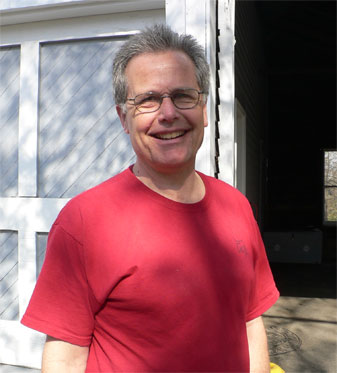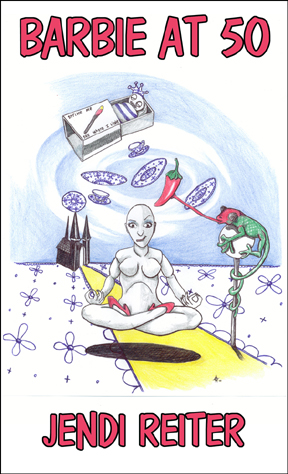Eric Weinstein’s poetry chapbook Vivisection won the 2010 New Michigan Press/DIAGRAM Chapbook Contest. The sample poem below is reprinted by permission from Issue 10.5 of DIAGRAM, a quirky multimedia online journal that features poetry, flash prose, and cross-genre work along with peculiar diagrams found in obscure reference books. (The current issue, for example, features a selection from a handbook with the frighteningly optimistic title Anyone Can Intubate.) Read more of Weinstein’s work here.
Persistence of Memory
You bury a light bulb in the yard
& grow a blown glass tree.
It’s all your parents talk about
for hours after you’ve gone to sleep.
By morning the branches are hung
with tungsten leaves. The neighbors
complain because it attracts lightning,
even though it glows like an echo-
cardiogram for hours after each strike.
You are asleep when your father rakes
a chainsaw across the trunk, but the sound
carries & you wake, you run out, shouting
I’ll never forgive you, not ever. Of course you do,
hours later. A persistent cough carries you
to the emergency room, or rather, your father does.
They remove a filament from your tongue,
a spun glass feather from your trachea.
There were never any birds, your mother says.
The fiberoptic bronchoscope proves
otherwise: they find a miniature light
bulb, glass sapling, copper wire nest
& remove them from your lung.
Imagine that, the doctors say, voices
carrying through the anesthesia.
Imagine that, your mother says, so you do,
or rather, you remember your tree.
It’s all the surgical team talks about
for hours while you’re asleep.
It’s all the surgical team talks about
for hours after you’ve gone home.

